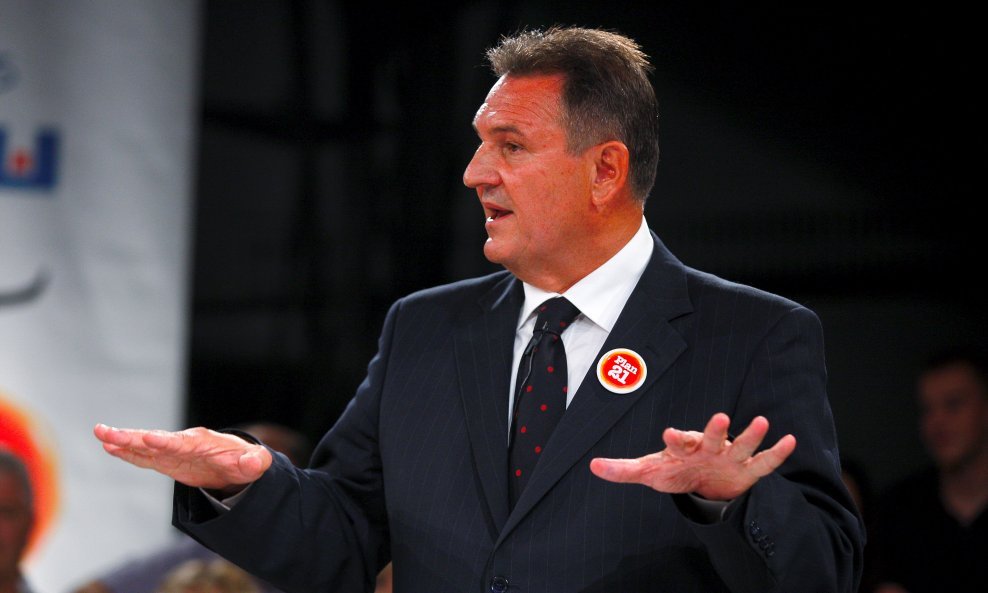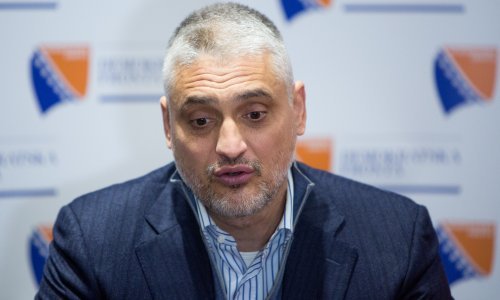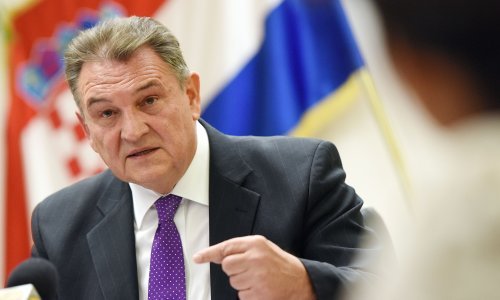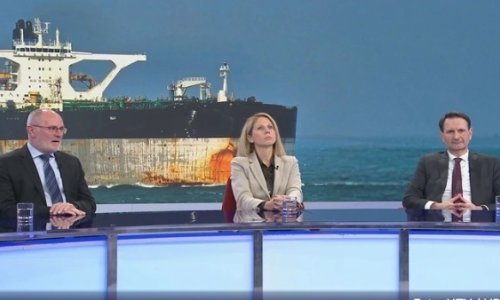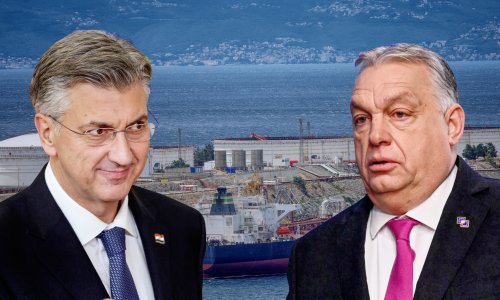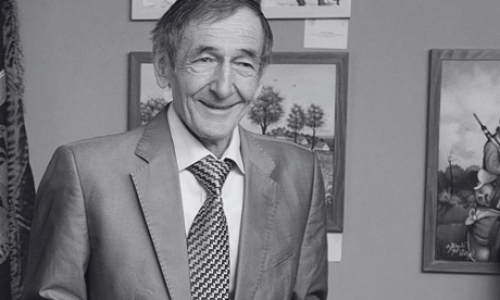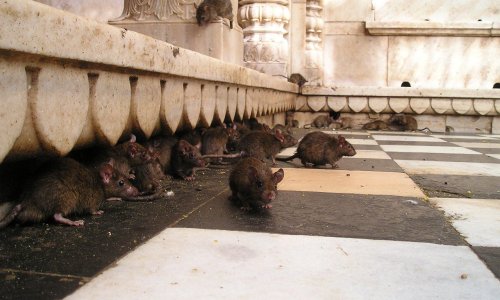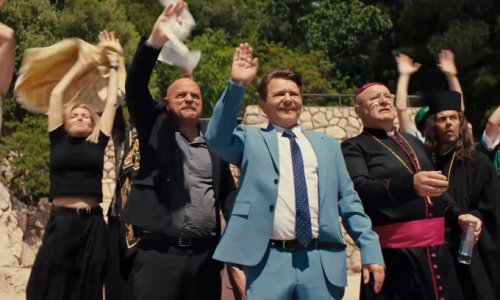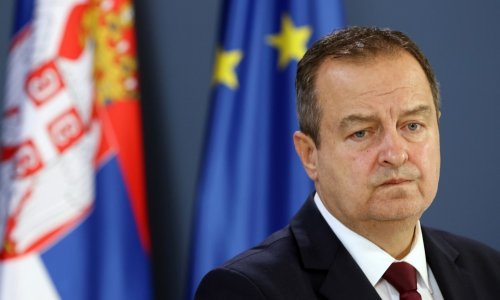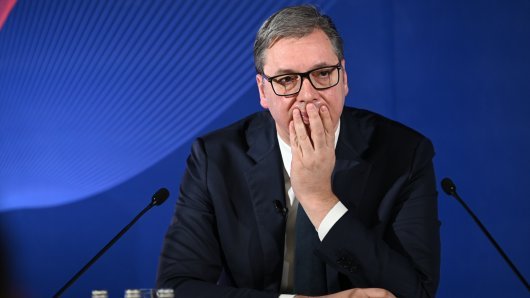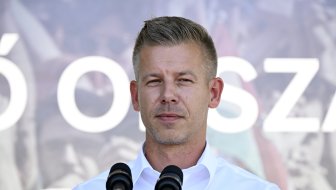The president of the Croatian People's Party (HNS), Radimir Cacic, has said that the International Monetary Fund is not mentioned anywhere in the election platform of the Croatian opposition coalition led by the Social Democrats, because the platform was made on the basis of available data, but that this could change if "more skeletons turn out to be in the closet" than what the government is willing to admit.
"The opposition coalition's economic platform was made on the basis of available information and it does not envisage the IMF, which doesn't mean that things won't change if more skeletons turn out to be hidden in the closet of the kind we discovered in 2000, and it is Prime Minister Jadranka Kosor who knows or should know how many of them there are," Cacic told reporters on the margins of the Liberal Leaders Meeting of Southeast Europe in the eastern city of Osijek on Wednesday.
"If the situation in the country is such as it is being depicted, we believe that we can overcome the crisis with our own forces," Cacic said.
The two-day conference in Osijek, which started on Tuesday focussing on the economic and political cooperation between Southeast European countries, was organised for the third time by the HNS and the Liberal South East European Network (LIBSEEN).
Attending it were representatives from Croatia, Serbia, Slovenia, Kosovo, Montenegro, Bosnia and Herzegovina, Macedonia, Turkey and Greece.
LIBSEEN's membership consists of 14 Liberal parties and several nongovernmental organisations promoting the Liberal political ideology, LIBSEEN president Vesna Pusic of the HNS said at a news conference during a break in the conference.
She added that LIBSEEN has around 140 deputies in national parliaments and 12 deputies in the European Parliament.
HNS president Cacic told reporters that he spoke at the conference about the Croatian opposition coalition's election platform, with emphasis on economic development.
Cedomir Jovanovic, president of the Liberal Democratic Party (LDP) of Serbia, warned that economic problems in the countries in the region were the same and that the countries should find a way to overcome them.
Croatian, Serbian and Macedonian representatives were asked what they thought about Croatia's law invalidating indictments against Croatian nationals issued by the former Yugoslav People's Army and the judicial bodies of the former Yugoslav federation and Serbia, relating to the 1991-1995 Homeland War in Croatia, and if it would affect relations in the region, notably those between Croatia and Serbia.
Pusic said that "strange laws are adopted in every country during the election campaign," describing the law as detrimental to cooperation between the two countries' judiciaries. "If the opposition coalition wins the next elections, that law will be annulled," she added.
LDP president Jovanovic said the law was not considered important in Serbia and described its adoption as a politically motivated move.
Ivan Velickovski, president of the ILP party of Macedonia, supported "a true path of reconciliation in the region", adding that the Croatian law was not being discussed in his country.



